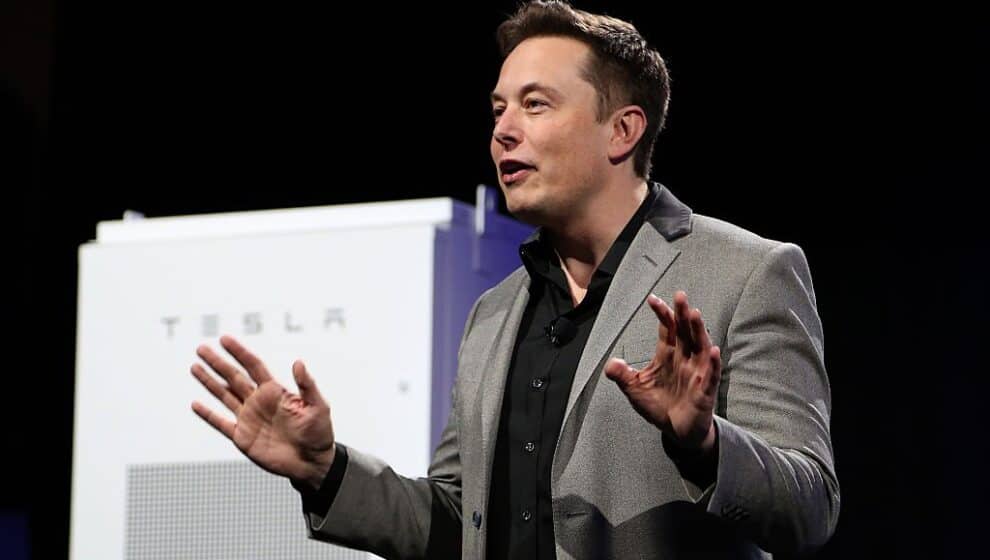Elon Musk is officially in the final steps of acquiring Twitter and is ready to close the deal on Friday.
Key Details
- Elon Musk has officially pledged to close the Twitter deal on Friday after the months long battle with the social-media company.
- The many banks that agreed to provide $13 billion of debt financing for the deal are putting together final plans to move on with the transaction.
- Twitter shares have been down, but after Musk’s pledge to finally close the deal shares have gone up to $52.80 bringing it closer to his $54.20 acquisition price.
Why it’s news
The battle between Elon Musk and Twitter has been making headlines for months as the billionaire tried to escape the $44 billion acquisition deal.
The time has finally come for the Twitter deal to finally close and both Musk and the banks are getting ready for it.
Chancellor Kathaleen St. Jude McCormick set a deadline for this Friday for Musk to close on the deal or he would face a bigger court battle next month. It seems that Musk has agreed with the Chancellor and is finally ready to close the deal.

It has been a tough time for the banks that offered funding for Musk’s Twitter acquisition.
Many banks originally said they would help fund the Twitter deal including: Bank of America Corp., Barclays Plc, and Mitsubishi UFJ Financial Group Inc., but now these banks could be facing big losses as they committed the money in better times and some could lose up to $500 million when the deal officially closes.
Although the banks are possibly going to lose a large amount of money, they are ready to move on and Musk has agreed to help. Musk held a call with bankers this week and said he would help market the debt to money managers after the deal closes—which will be good for the banks.
Normally the banks would offload debt commitments to money managers in the form of junk bonds and leveraged loans before a deal closes, but the compressed timeline and a global deterioration of credit conditions have forced them to keep the debt on their books, according to Bloomberg writers Jeannine Amodeo, Gillian Tan, Paula Seligson, and Ed Hammond.
In the original Twitter deal it said Musk will help for 30 days after the transaction and that he would participate in investor meetings for up to two hours, which is different from most buyouts.
Backing up a Bit
The full timeline between Elon Musk and Twitter is long.
It all started in April, Elon Musk announced that he held a 9.2% stake in Twitter, which made him the social-media company’s largest shareholder. Twitter’s stock price soared 25% after the announcement.
Later that month, the billionaire entrepreneur offered to buy all of Twitter at $54.20 per share—equaling about $44 billion. He said he originally invested in the platform because he believes it is failing in its potential to be the leading platform for free speech around the globe. In fact, he asked his 2 million followers if Twitter adhered to principles of free speech, and 70% said “no.”
In July, Musk decided to back out of the deal, claiming there were too many fake accounts on the platform. Twitter has since sued Musk in Delaware Court of Chancery to complete the deal and requested the trial to take place in September. Musk, on the other hand, wanted to delay the trial until February 2023, stating that a case of this size takes time to prepare. Twitter was granted its wish of an expedited trial, with Chancellor Kathaleen McCormick, the presiding judge, setting a five-day trial for October.
Musk then countersued Twitter, stating his reason for the termination was due to Twitter not being upfront about the number of fake accounts on the platform.Then, Elon Musk and his legal team subpoenaed Twitter’s founder and former CEO Jack Dorsey, to get him to release documents that provide accurate information on bots and spam accounts on the social-media platform and now these documents have come out from Zatko and Musk and his lawyers have subpoenaed him as well.
Then, Musk’s text messages were revealed in court filings and it showed that Twitter co-founder Jack Dorsey tried to facilitate Musk’s Twitter takeover, which led to Musk officially reverting back to his original deal to buy the social-media company.
